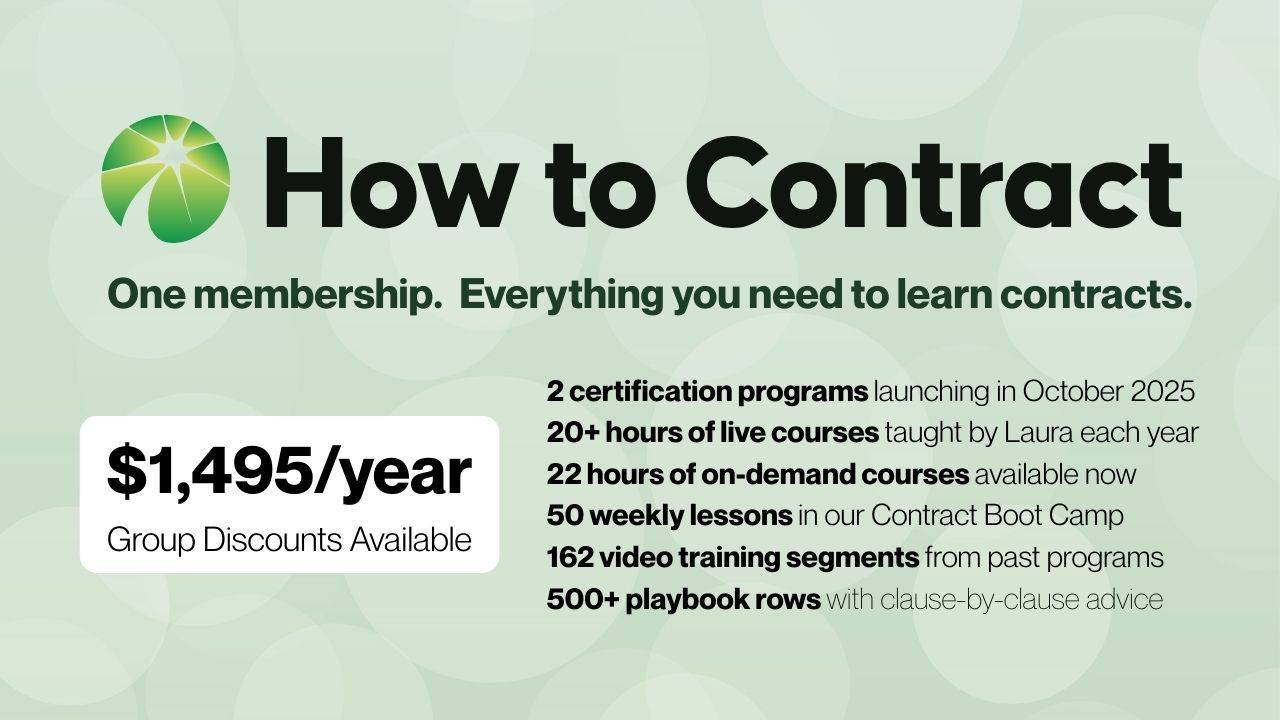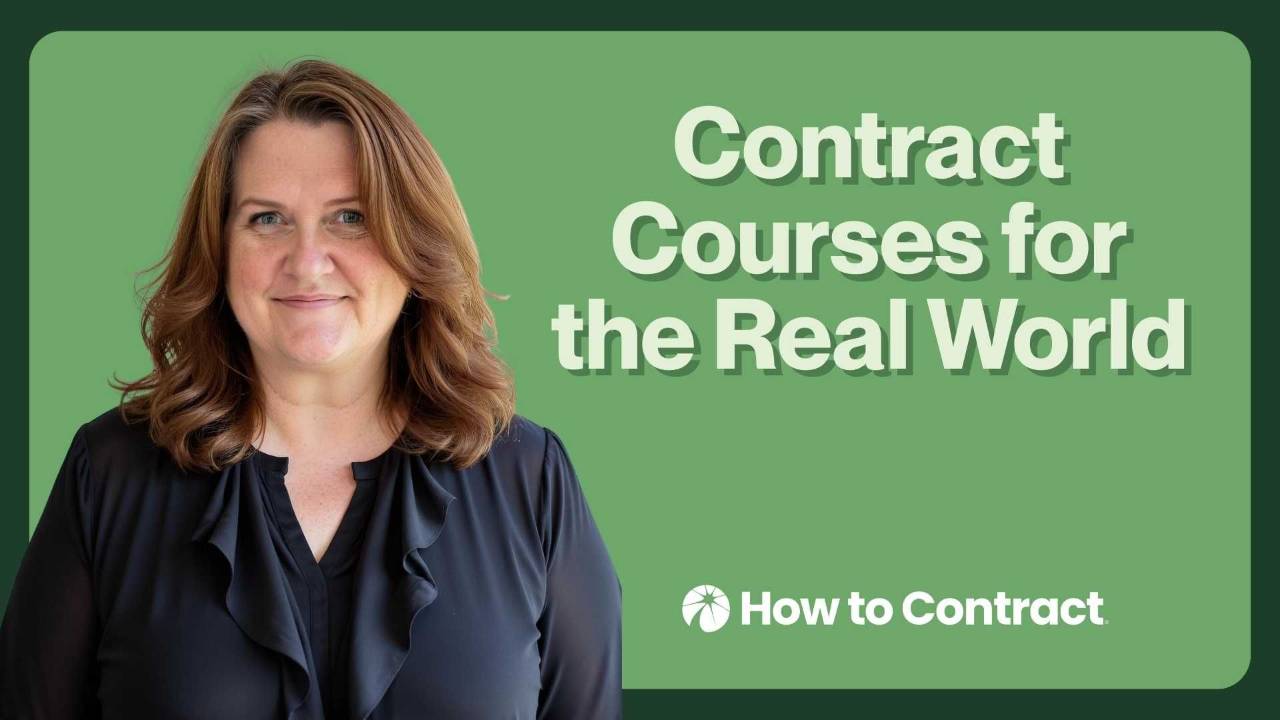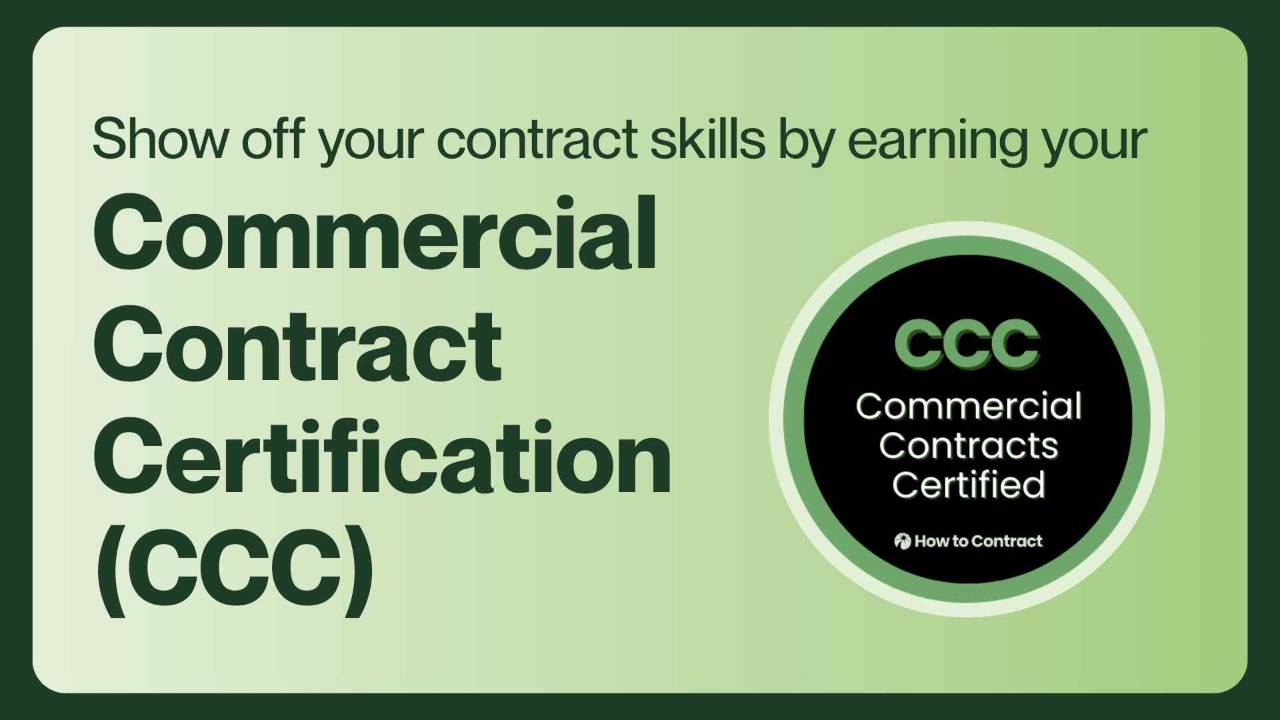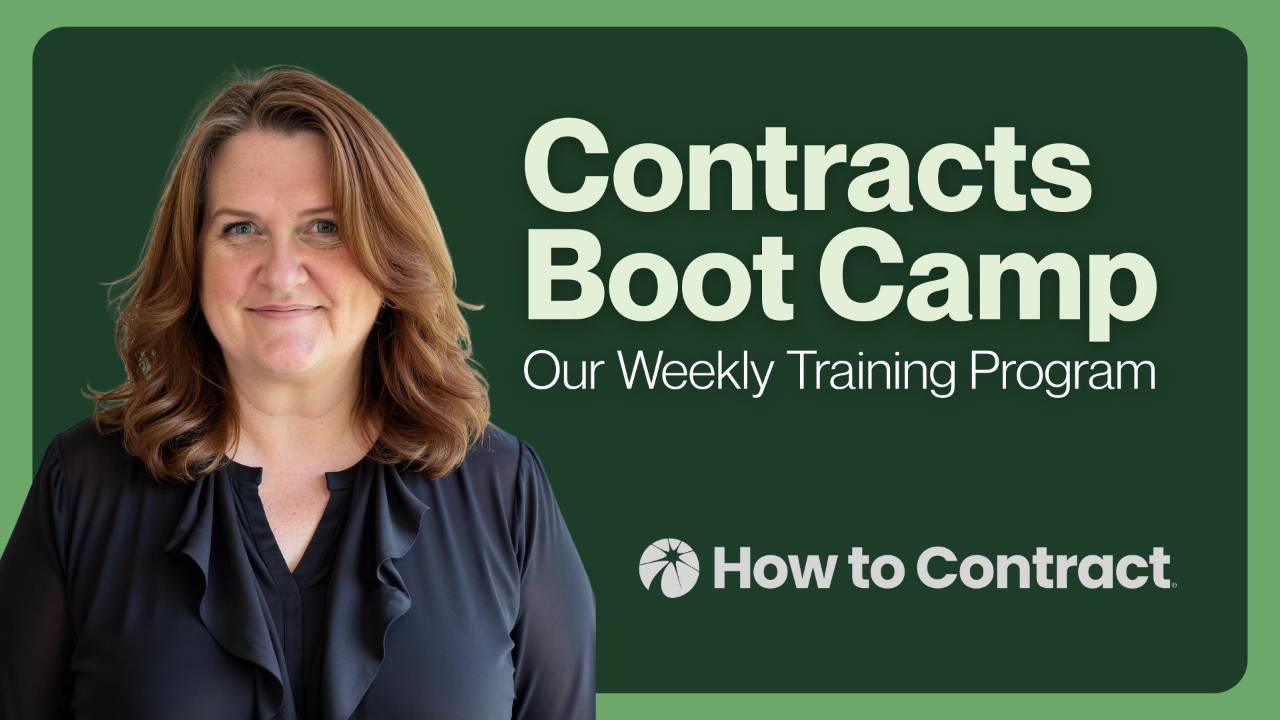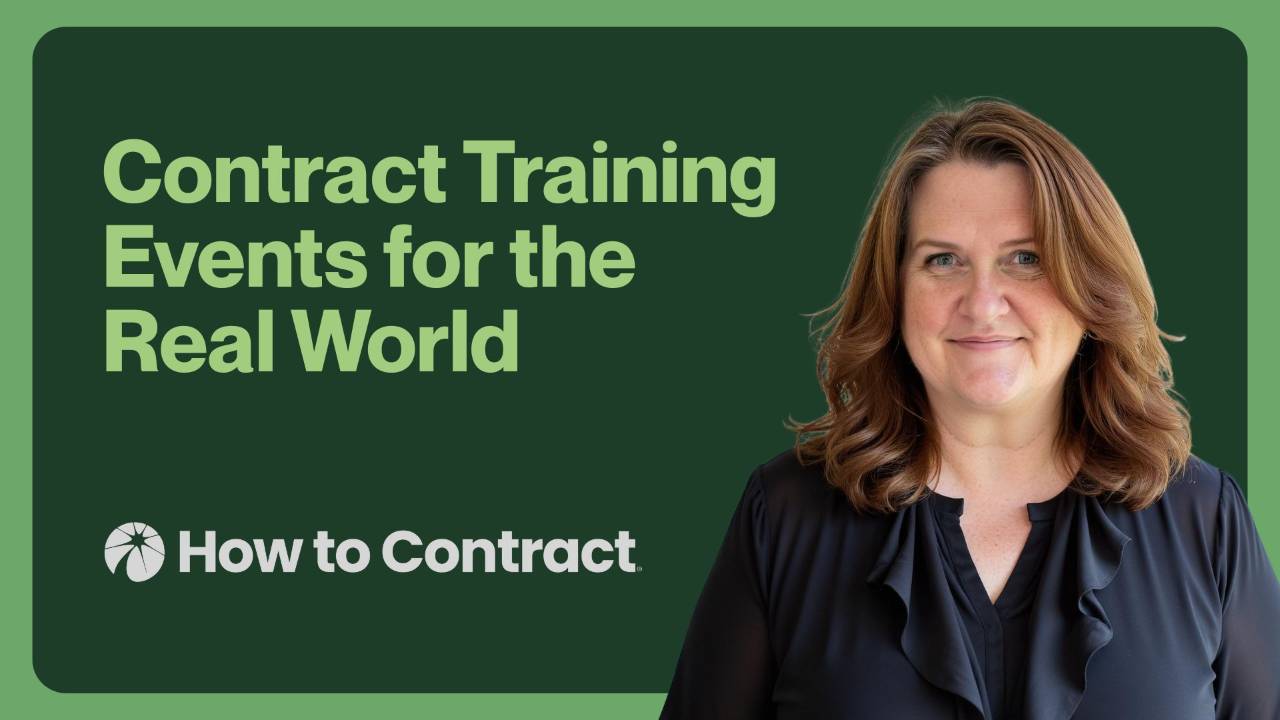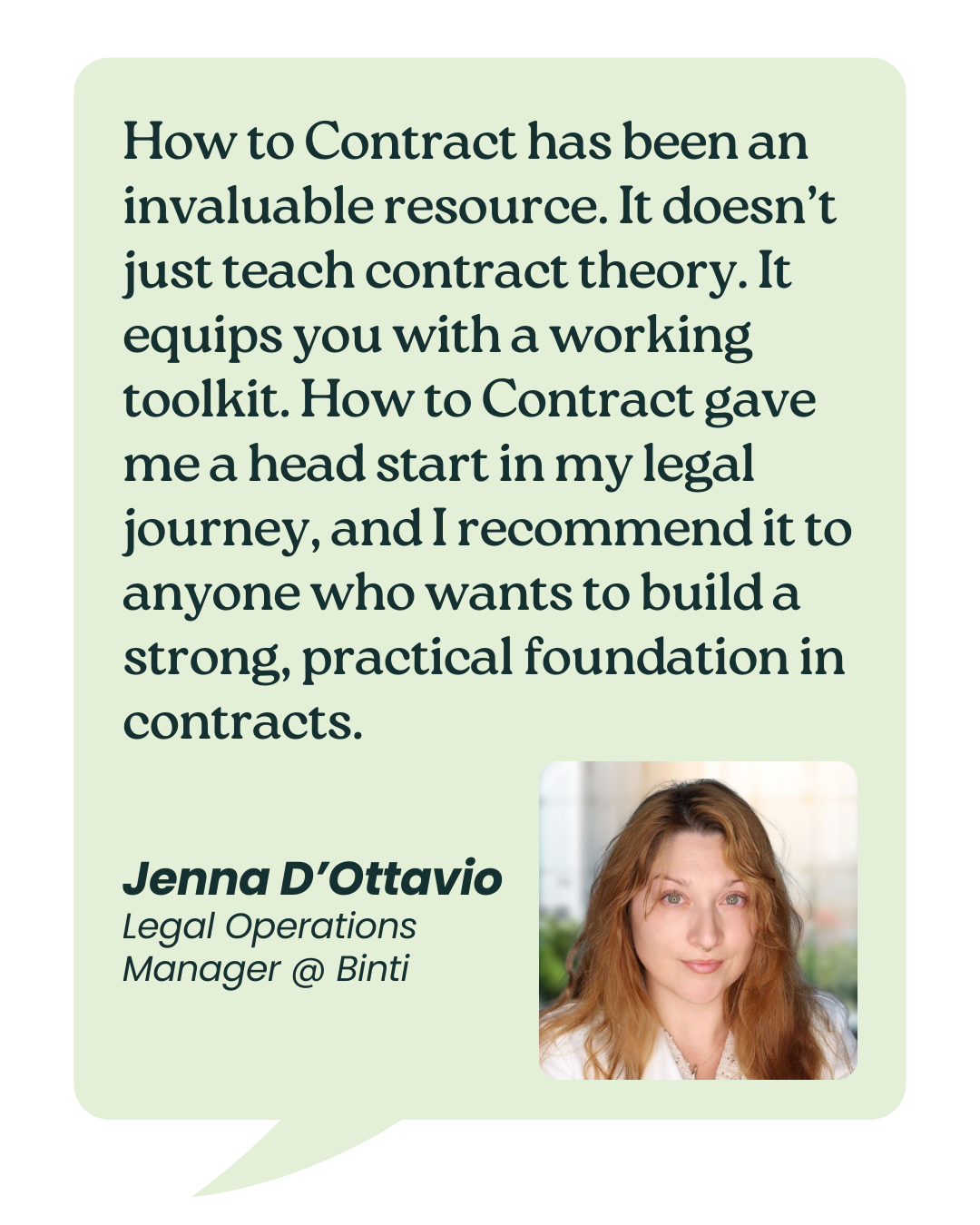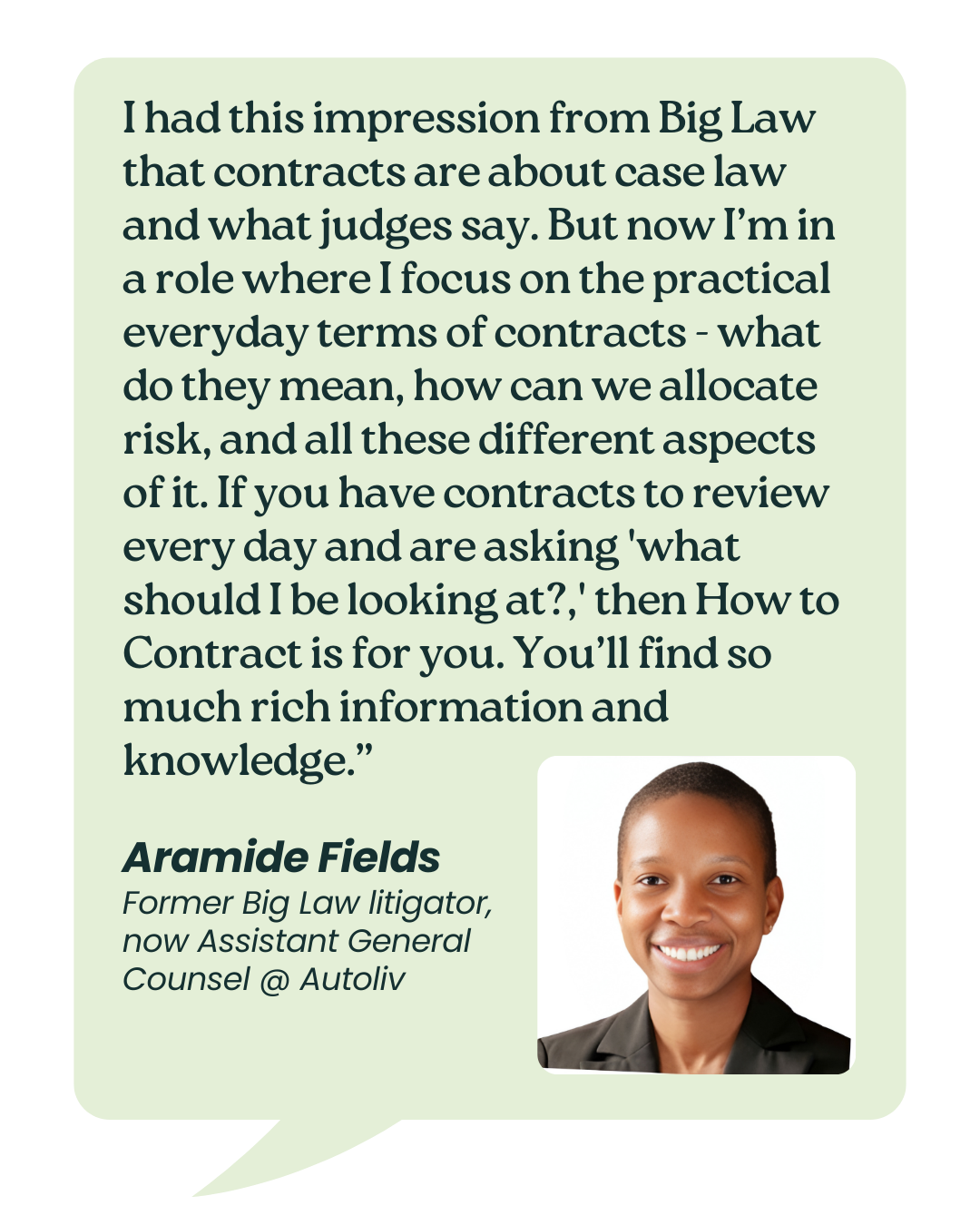
How I Contract: Insights From Jennifer Zador, General Counsel at PlanSource
We have had the great pleasure to interview Jennifer Zador, General Counsel at PlanSource. This interview is part of the How I Contract interview series with experienced contract lawyers and professionals who share their contract experience and advice.
Jennifer Zador's Journey into Contract Law
Can you tell us a story about what brought you to this specific career path?
My dad was a trust officer, and my mom was a speech pathologist in the schools for multi-handicapped children. She and my sister would go in and decorate her school room, which I was not at all interested in.
And my dad and I would walk through wills and trusts. He taught me how one word or two could make a significant difference in how his clients’ wishes would be protected and preserved after their death.
I thought he was doing beautiful work for clients that were not there to represent themselves any longer.
Falling in Love with Contracts
How long have you been working with contracts?
I initially started working in the intellectual property department, focusing on soft IP registration and litigation.
A few years out of school, I started leveraging my background at DLA Piper with the franchise team, who clearly was largely transactional.
It was there that I fell in love with agreements.
Let’s move to the topic we all love — contracts. What should you do on day one of working with contracts?
Don’t read the agreements, but meet with the business.
Understand the products / services (selling or buying) and understand the risk profile of the business.
Also, discuss standard positioning of the company and why.
What shouldn’t you do? Impose positions from your previous business onto the company without understanding the why, the risk tolerance, etc.
Learning the Business You Represent
What is the best way to learn the business you represent? Could you please share specific steps?
Meet with every single department leader and other key stakeholders.
Generally, I use the first 30 days as a listening tour to understand the existing perception of the legal team and to identify any wins and pain points in the process, templates, etc.
Adding Value as a New Contract Lawyer
How can you add value as a new contract lawyer or professional working in-house?
You need to understand the business as well as the risk tolerance of the business.
What is the best strategy to build a successful career in contracts?
Well, you should like agreements and be a bit of a nerd.
If you don’t like agreements, I’m not sure if this is one of the you-grow-to-love-them circumstances.
Also, a joy that I get from working with contracts is that you are helping to facilitate the business — you are not a cost-center, but a facilitator of its operations.
Essential Skills for Contract Drafting and Negotiation
What are the top five skills you need to work on to become great at contract drafting and negotiation?
1. Understanding the business and where you can lean in from operational and risk perspectives;
2. Being clear in regard to your understanding of the law behind all of the relevant sections;
3. Using real words that both parties clearly understand to avoid confusion and extended negotiation;
4. Being able to pay attention to the details, while retaining speed and efficiency;
5. Having fun.
Common Mistakes to Avoid in Contract Management
What mistakes should new contract lawyers and professionals avoid when working with contracts? If you have a story to share, please do :)
I love to ask the opposing party "What issue are you trying to address here?" So that I get an understanding of what they’re trying to solve for so that we can hopefully find a workable middle ground.
Failure to listen to their concerns can extend the deal cycle and potentially blow up the deal.
What should you do after you made a mistake in a contract?
If I have made an error, I am honest about my mistake.
I own up to it and state that I was moving too quickly and try to course correct.
The other side is generally understanding.
One Contract Management Tip for Success
What is your #1 contract management tip? Why?
Clearly communicate timelines and major areas of concern with the business internally.
Pulling a contract for review and letting the business sit in a black box without timelines and alerting them of any major obstacles early causes unnecessary friction.
What are the steps you can take to speed up working with contracts without sacrificing quality?
Playbooks and, at more sophisticated companies, CLM software, which can leverage your playbooks.
Working as a Team for Contract Success
What do contract lawyers and professionals need to pay attention to when working in a team?
1. Consistency in wording and positioning, which is where the playbooks and CLM can add value to your team.
2. Communication internally to avoid duplication of work.
What is the one burning question you had when you started working with contracts and how would you answer it now?
I’m not sure if this is a question, but I would tell my younger self to chill out and pick my battles accordingly. Not every section is material, and I didn’t need to negotiate for the absolute best position in every, single section.
If you could give just one contract tip, what would that be?
Have fun and make friends with the other side.
You can have hard conversations and support your organization while enjoying the negotiation.
Who were your mentors you are grateful to?
Jeff Aronson — a tech transactions WIZARD; Jason Bliss — my GC at SolarWinds, who helped me see the forest from the trees and implement business rationale and understanding to agreements; Ann Ford — who taught me to bring joy and laughter to the workday.
Thank you, Jennifer!
How to Contract's membership is designed to help you build real-world expertise with commercial contracts. Get access to our comprehensive system of live and on-demand courses, weekly lessons, detailed playbooks, and more. Join today!

